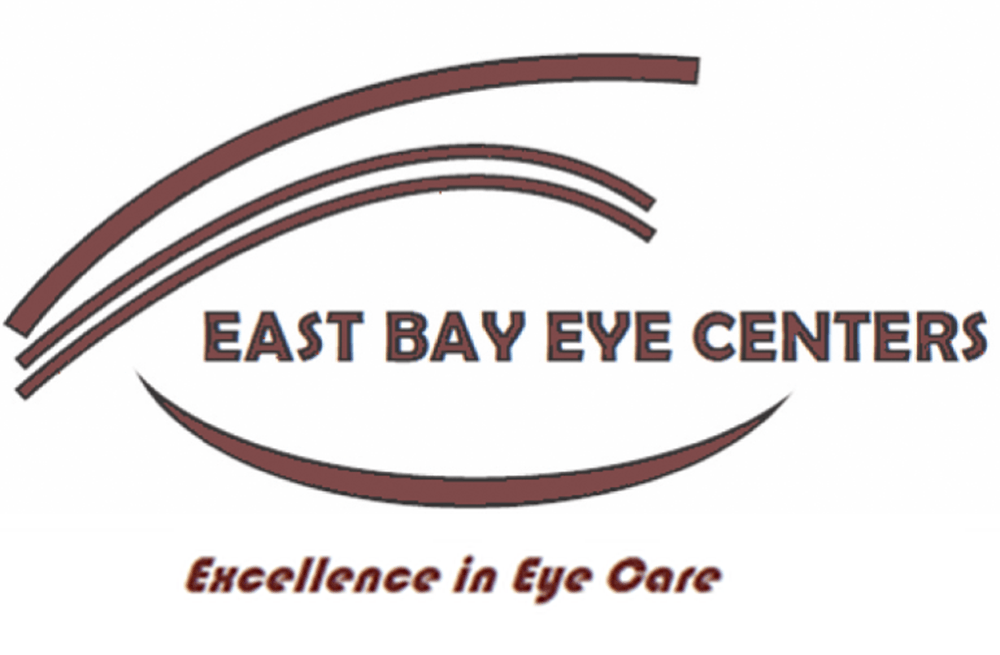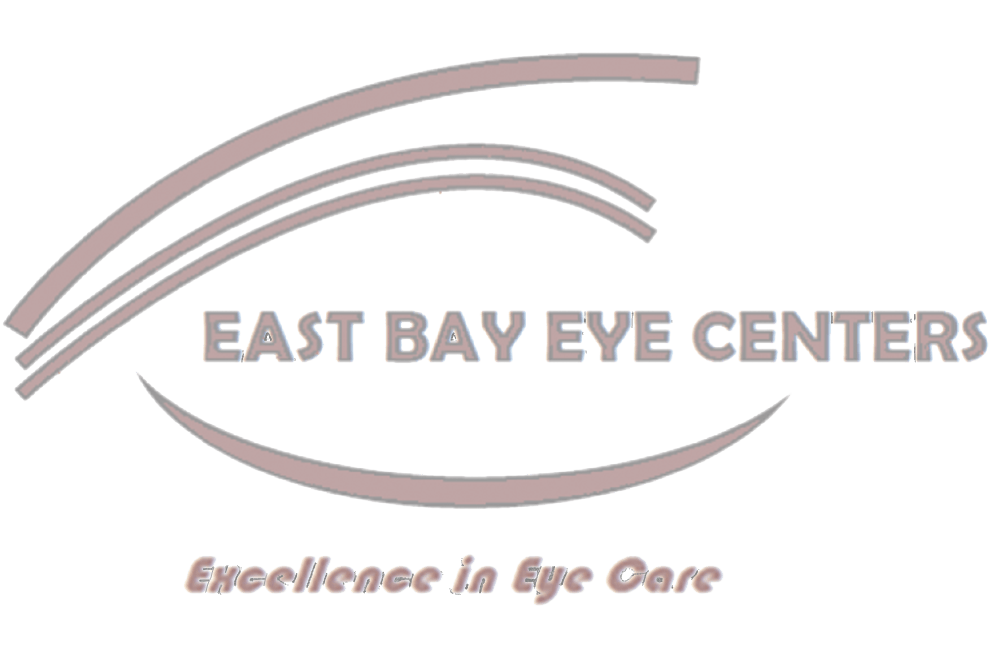Cataracts
What is a cataract and what are the symptoms?
A cataract is a clouding of the lens, a structure located behind the iris, the colored portion of the eye. Like the lens in a camera, the lens in the eye helps to focus light rays onto the retina, which lines the back of the eye. When clouding occurs in the lens vision is decreased. In addition to blurred vision, other symptoms of a cataract include glare, ghost images, and difficulty with vision under very bright or very dim lighting conditions.
How is a cataract diagnosed?
A cataract usually cannot be seen by the naked eye. An ophthalmologist ( MD), or an optometrist (OD) can dilate the pupil and examine the lens using a special microscope to determine whether a cataract is present.
What causes cataracts and how can they be prevented?
In developed countries like the United States, cataracts are most often related to age. Other factors that can contribute to cataract formation include heredity, chronic use of steroid drops, or previous eye surgery, injury or inflammation. There is also some evidence that the cumulative lifetime exposure to ultraviolet (UV) light may play a role in the subsequent development of cataracts. However, there is no evidence that the wearing of UV-blocking sunglasses can prevent or slow the progression of cataracts. (On the other hand, there is no evidence that UV-blocking sunglasses are harmful, either.) No glasses, medications, exercises, or dietary supplements have ever been shown to prevent or slow cataract formation.
When is it advisable to perform cataract surgery?
The timing of cataract surgery depends to a large extent on the individual's visual needs. A person who depends on critical vision for occupational needs (like an airline pilot) may be an appropriate candidate for cataract surgery at an earlier stage than an older person who does not drive or do much reading. Cataract surgery can be performed when the vision has decreased sufficiently to interfere with everyday or occupational activities and when the ophthalmologist determines that cataract surgery has a good chance of improving vision. Although it is not advisable to operate on a very mild case, neither is it necessary to wait until a cataract has "ripened" to a very advanced stage. On the other hand, if a person does not want cataract surgery, there is almost always no harm in postponing surgery.
Can a person become blind if cataract surgery is delayed?
Although vision can become severely impaired from advanced cataracts, vision can almost always be fully restored after cataract surgery is performed.
What is a lens implant and why is it usually recommended?
After a cataract is removed, the eye lacks the lens that is needed to focus light. To restore this function, a plastic lens implant (also known as an intraocular lens) is inserted. Occasionally a lens implant will not be inserted. In these instances, vision can be corrected with a contact lens or thick glasses. In the rare circumstance that an intraocular lens is not implanted at the time of the cataract surgery, a lens can possibly be inserted as a secondary surgery at a later date.
How is the implant selected?
Your surgeon will order a simple and painless test, known as an ultrasound or A-scan, which measures the size of the eye and helps determine the correct power of the implant.
Why are glasses necessary after lens implantation?
It is not possible to determine the exact, final prescription of the eye until after it has fully healed after cataract surgery. The lens implant usually provides 80% to 90% of the final prescription of the eye, and therefore vision without glasses is often quite good. However, to give the best possible vision, it is often necessary to fine tune the optical correction with glasses of regular thickness. Bifocals are usually needed to provide the sharpest vision for both distance viewing and reading. Glasses are usually prescribed six to eight weeks after surgery.
What needs to be done in preparation for cataract surgery?
You will receive a complete eye examination, after which your ophthalmologist will counsel you about surgery and answer any questions you may have. If you wish to go ahead with surgery, a surgery date will be selected and your ultrasound test will be scheduled. You will be required to see your internist or family physician for a check-up or have the doctor provide the results of a recent physical. We also require our senior patents to have an EKG (electrocardiogram) and simple lab work performed. On the evening before surgery you will be asked to not eat or drink anything after midnight. It is helpful to get a good night's rest prior to surgery.
How is a cataract surgery performed?
There are a number of ways in which modern cataract surgery is performed. The cataract may be removed using phacoemulsification. An ultrasound-emitting probe is placed into the eye and the cataract is broken into small fragments and suctioned from the eye. The advantage of phacoemulsification is that the incision is somewhat smaller, averaging 1/6 to 1/4 inch. In the latter procedure, the cataract may be removed mechanically, through a half-inch incision in the white of the eye underneath the upper eyelid. There is usually a sutureless or a one suture closure to the incision. Alternatively, however, both types of procedures produce equivalent visual results in the long run. Your surgeon will decide which type of surgery is best for you. Both types of surgery generally last about 30 minutes.
What type of anesthesia is used?
Surgery is usually done under local anesthesia. To help you feel relaxed and comfortable, an anesthesiologist will administer light sedation through an intravenous (IV) line. You will not notice any discomfort during the time of injections or during the operation.
Will I be hospitalized?
Generally 98% of cataract surgery is done on an outpatient (come and go) basis. The entire process from check-in to departure is usually completed in approximately 2 hours.
What will I experience in the immediate period after surgery?
You may be slightly groggy during the first 24 hours after recovering from sedation. For this reason, you will need to ask a friend or relative to accompany you home on the day of surgery. Many patients experience almost no pain at all. If there is discomfort, it is usually mild and can be managed with Tylenol. It is common for the eye to feel scratchy and irritated for the first several days. Your vision may be blurry for a few weeks after surgery, improving steadily thereafter.
What is the success rate of cataract surgery?
Assuming that there are no other problems that may limit vision, the chance of improved vision after cataract surgery is 90% to 96%.
Are there any restrictions on daily activities?
You may resume "light" activities immediately. You may read, watch television, sleep, walk and eat without restriction. After the first day you can resume "moderate" activity with the exception of strenuous/aerobic exercise. After six weeks you can return to your most active lifestyle with the exception of swimming, hot tubing and face-down massages which should be avoided for 2 weeks.
When can I return to work?
Depending on the type or work, if it is primarily a desk job, you can resume work 1-2 days after surgery. More strenuous types of work can be resumed within a few weeks.

